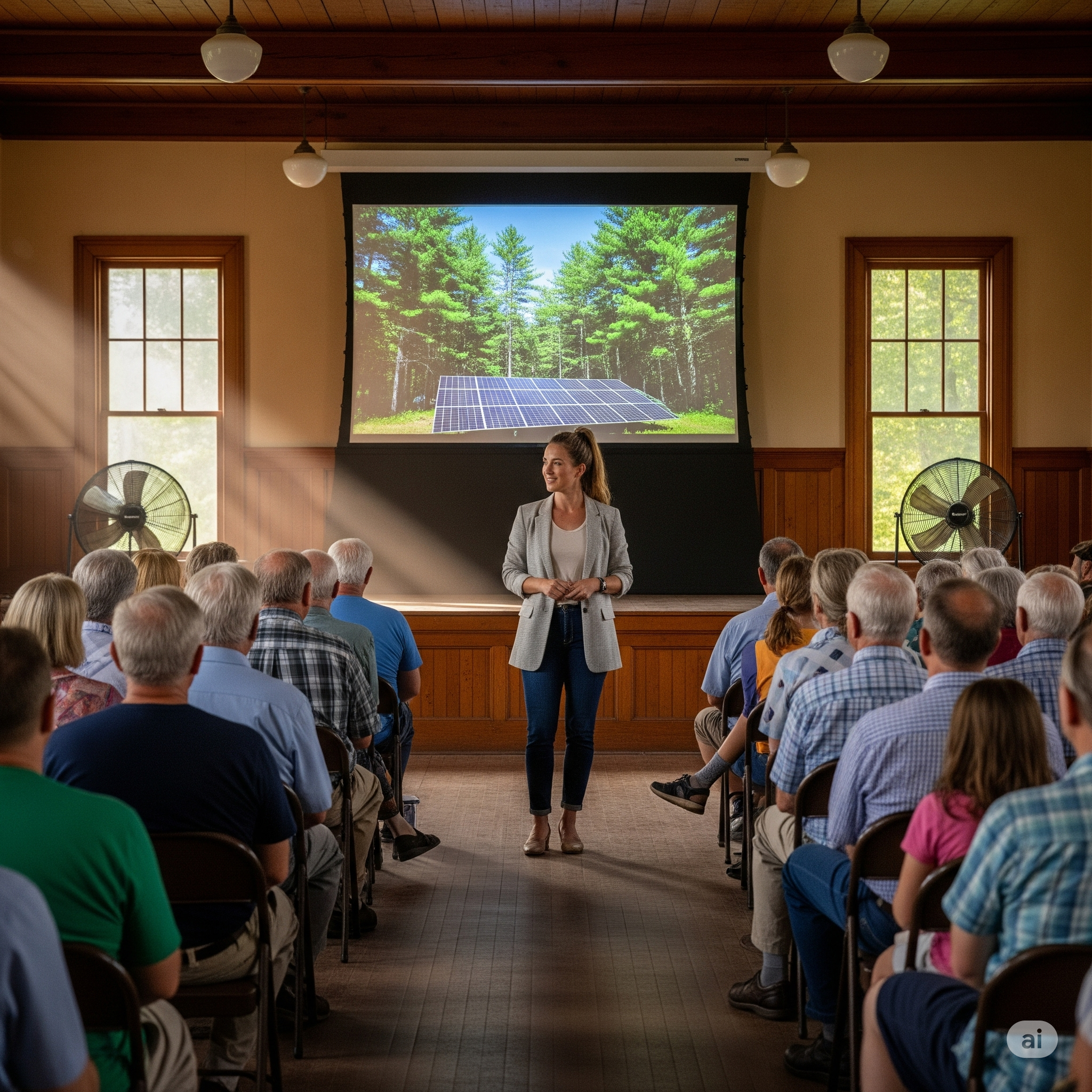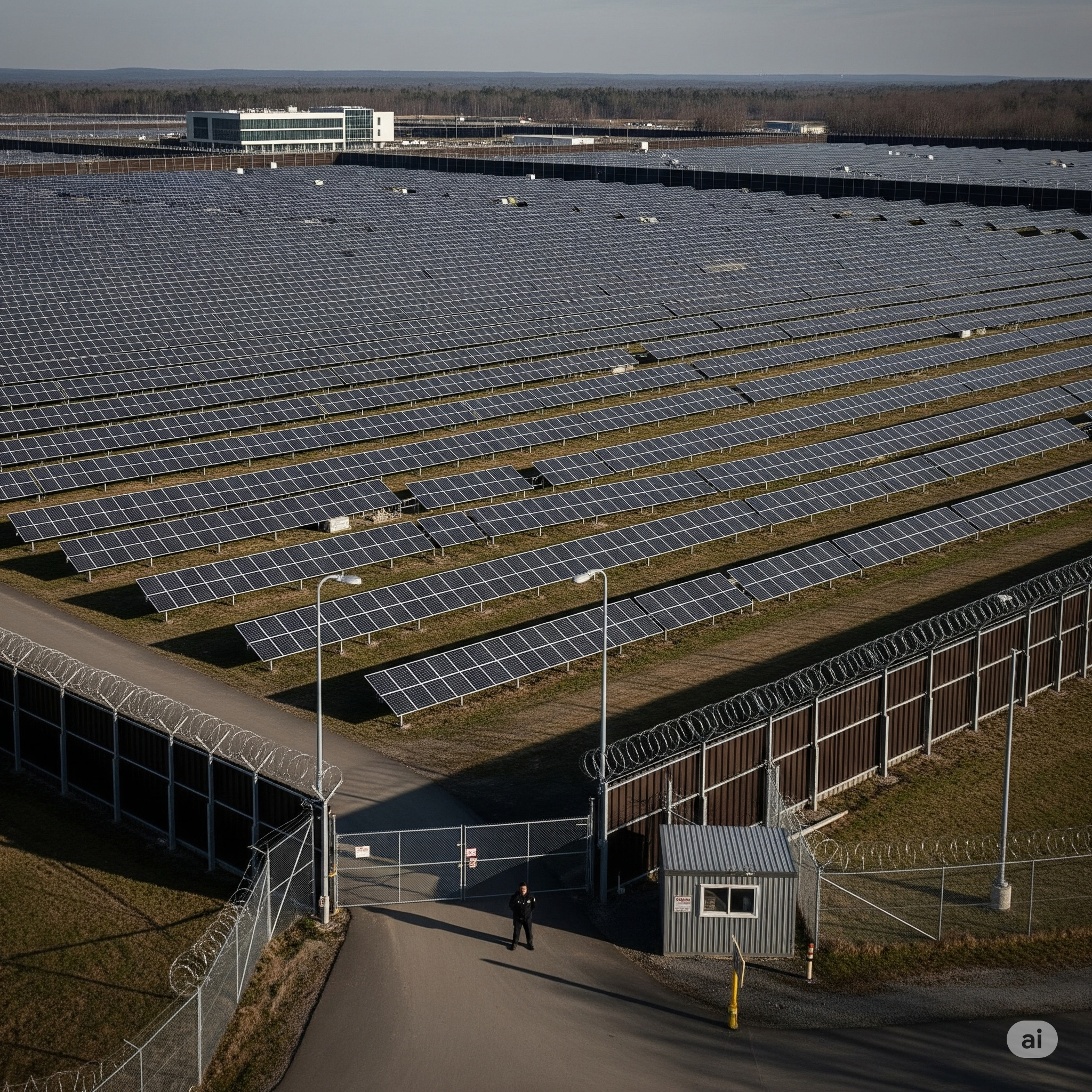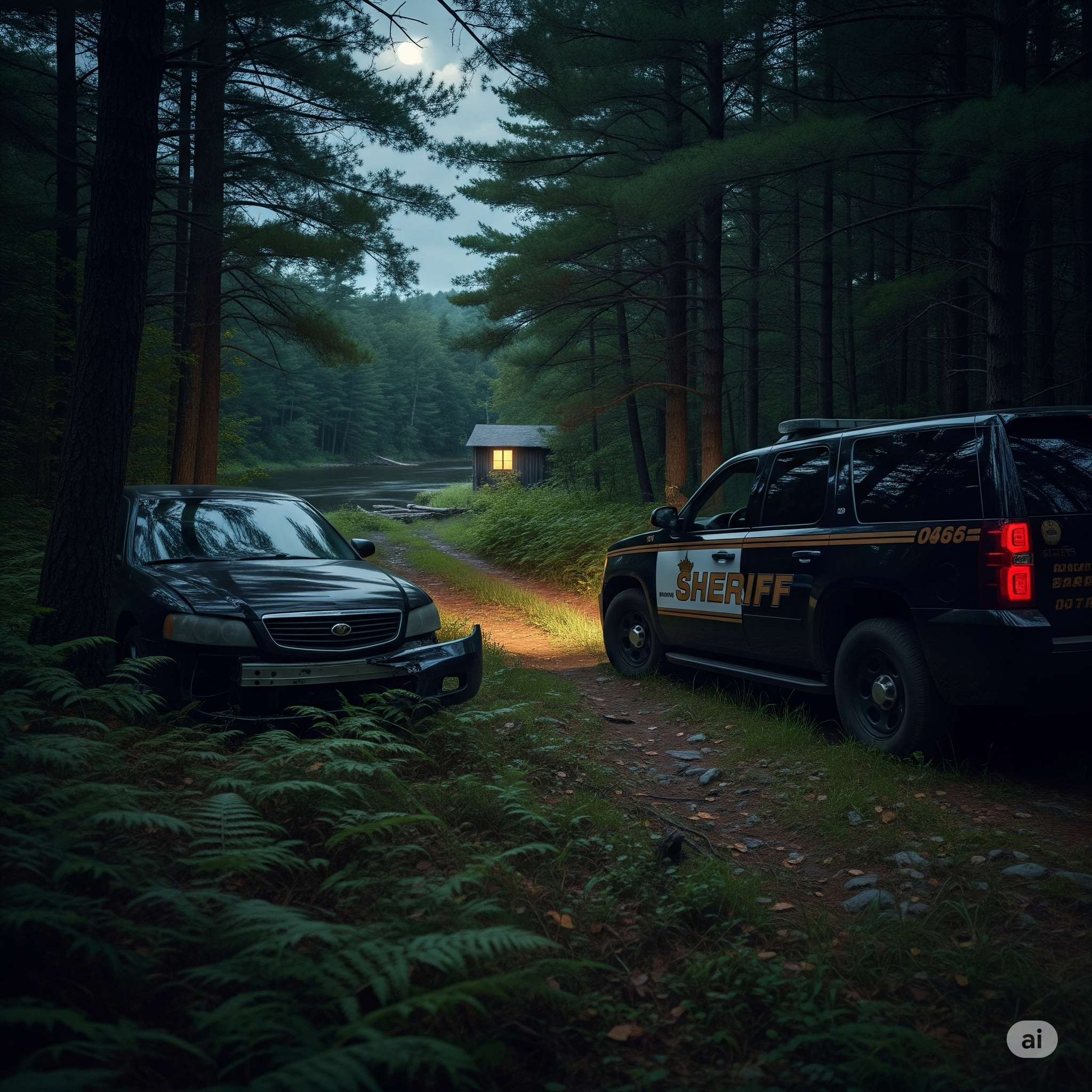
THE ARCHITECTS OF CONTROL
THE RISE OF PROJECT SUNSTONE
The Rise of Project Sunstone is a thriller for our time—a story about the fight for truth in a world where lies are weaponized, and where the battle for democracy is waged not just in the halls of power, but in the hearts and minds of ordinary people.
The Rise of Project Sunstone
What if the election is already decided?
Deep in the woods of northern Maine, four unlikely allies uncover a plot to manipulate the U.S. presidential election: Rural lawman Robert Pures; his daughter and town manager, Lucy; international elections observer Tormund Oddland; and his friend, former NSA analyst Willa Black. Together, they must expose the conspiracy before Election Day.
When Lucy approves a massive solar project in her small town of New Sweden, she believes she’s securing progress for her community. But beneath the promise of green energy, something far darker is about to take root in the heart of the North Woods. After Robert discovers a group of trafficked tech specialists and his partner is shot, his investigation is abruptly taken over by the feds. The trafficked specialists vanish, and a deepfake video of Robert—apparently driving drunk—lands him on administrative leave.
Meanwhile, Tormund and Willa arrive in the rural town, expecting a routine assignment. Yet their analysis of the last midterm election reveals disturbing anomalies: votes in the district were ‘nudged’ toward the incumbent. When they try to raise the alarm, their contact at the DOJ Electoral Integrity Division dismisses their concerns as conspiracy theories.
Everything changes when a whistleblower shares the blueprint for Project Sunstone—an AI data center built to sway voter behavior through micro-targeted disinformation, deepfake videos, and algorithmic manipulation. As they dig deeper, they uncover a shadowy alliance of tech billionaires, rogue intelligence operatives, and political kingmakers, all determined to maintain power at any cost.
Pursued by mercenaries, betrayed by allies, and racing against time, the four must infiltrate the conspiracy’s core, dismantle the machine before it rewrites the election, and escape the Maine Woods with their lives.
Project Sunstone is a rural noir for the digital age. At the heart of the story are questions about the viability of democracy to solve big problems, and the veracity of choice when all options have been carefully curated by those in power. The narrative traces the line from decades of ‘regime change’ abroad and the outsourcing of intelligence to a chilling reality: these tools are now being turned on Americans.
Promotions
Sign up to the Reader Community for updates on Release Date, #GIVEAWAYS, and discounted pre-orders!
BONUS: “The Man Who Could Not Shiver: A Dark Psychological Thriller (Short Story)”.
William Hackman is the perfect corporate "cleanup specialist"—a ruthless golden boy on Wall Street who excels at firing thousands and liquidating companies because he has no capacity for guilt or empathy. To celebrate his success, he buys a sprawling, notorious mansion steeped in supernatural torment. The house, however, is shocked to find that its ghosts and whispers are no match for Will’s chilling indifference. Follow along to find out if William will ever learn to shiver.
Behind the Book
Why This Book Matters Now
In an era where deepfake technology, algorithmic bias, and election interference are no longer the stuff of science fiction but real and present dangers, Project Sunstone feels urgently relevant. The novel’s exploration of how AI can be used to manipulate public opinion and undermine democratic processes is a cautionary tale for our time. It challenges readers to question the information they consume, the systems they trust, and the power structures that shape their lives.
At its core, Project Sunstone is a warning and a call to action. The novel grapples with the erosion of democratic ideals in the face of unchecked technological power and the manipulation of information. Through the lens of a small-town conspiracy, it examines how easily democracy can be undermined when those in power prioritize control over transparency, and how ordinary people can resist when the system itself is rigged against them.
Project Sunstone is not just a thriller; it is a mirror held up to our current political landscape. It reflects the growing distrust in institutions, the rise of populism, and the dangers of unchecked technological advancement. The novel asks readers to consider:
How much of our reality is shaped by unseen forces?
What happens when the tools meant to protect democracy are used to destroy it?
Can ordinary people fight back against systems designed to control them?
The characters in Project Sunstone are not heroes in the traditional sense. They are flawed, conflicted, and often overwhelmed by the scale of the conspiracy they uncover. Lucy, Robert, Tormund, and Willa each represent different facets of resistance—idealism, pragmatism, skepticism, and defiance—and their journey is as much about personal redemption as it is about saving their country from a silent coup.
Project Sunstone will resonate with readers who are concerned about the future of democracy, the rise of authoritarianism, and the role of technology in shaping our political landscape.
Setting and Themes
Greene’s Maine isn’t postcard-pretty lobster shacks and lighthouses. It’s the real Maine: the Aroostook County of potato farms and logging towns, where poverty and pride twist together like barbed wire.
The isolation of northern Maine, where federal neglect and corporate exploitation (like the real-life CMP Corridor fights) make it the fertile ground for conspiracies. The BrightLeaf solar farm mirrors real tensions over green energy projects in rural Maine—promises of jobs and progress that often leave locals sidelined or betrayed.
Greene’s political observations drive the novel’s core question:
Who controls the story?
Project Sunstone isn’t just about rigging elections—it’s about who gets to define reality. The Nightingale Network (Sarah’s smuggling operation) is a direct rebuttal: grassroots resistance vs. algorithmically managed consent.
Greene’s Maine is a place where people are forced to make brutal choices—like Sarah, who breaks the law to save lives, or Lucy, who abandons academia to look after her dad.
This reflects Greene’s view of Maine’s political economy: a state where survival often means compromising with power (e.g., paper mills vs. environmental regs, tourism vs. local displacement).
The novel’s ambiguous victory—Sunstone is destroyed, but the villain remains just out of reach—reflects Greene’s pessimistic optimism:
Democracy isn’t saved; it’s salvaged.
Like Maine itself—beautiful, broken, and always on the brink—it survives through stubborn resistance, not institutions.
Final thought: This is not a Maine novel. It is a novel about America, using Maine as the petri dish—because in a place where power is distant, resources are scarce, and people are forced to rely on each other, you see democracy’s raw nerves. And that’s where the fight for its soul will always be won or lost.
Photo Gallery

Lucy at the Town Meeting

BrightLeaf Solar Array

Robert at the Allagash Fishing Cabin

Tormund at Oslo Airport

Joey at the DOJ Electoral Integrity Division

Willa at Duffy's Pub

Tormund and Willa at Duffy's

Anders skiing

The surveillance state

Uncle Gerry at his Victorian Mansion
